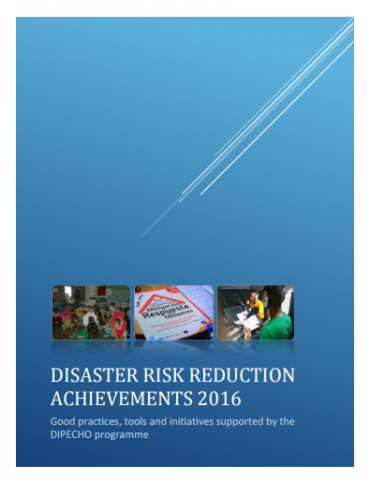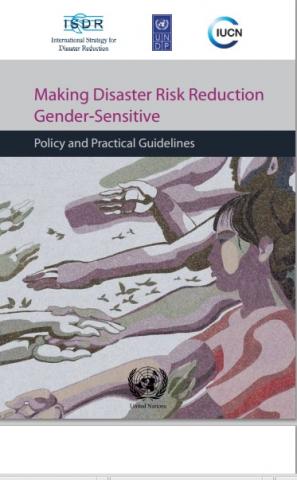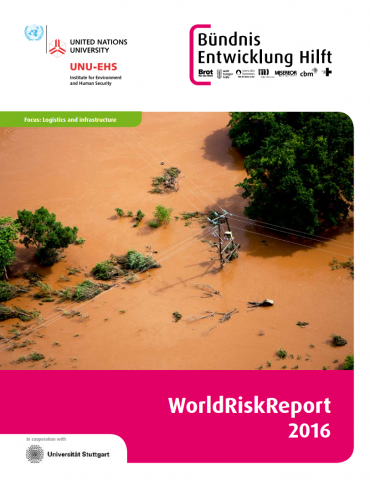City-wide Risk Assessment: Do-It-Together Toolkit for Building Urban Community Resilience
LAS TRADUCCIONES AL ESPAÑOL DE LOS JUEGOS DE HERRAMIENTAS ESTÁN AQUÍ Description: This toolkit is developed by the Global Disaster Preparedness Center with funding support from USAID presenting an approach for assessing city-wide community resilience that will allow you to: Identify community resilience priorities and needs that require city-level attention and intervention; Determine whether […]



